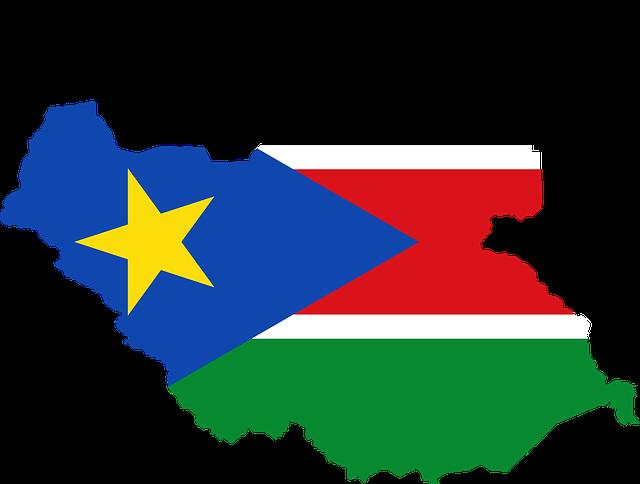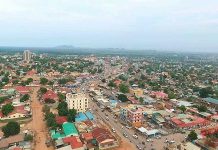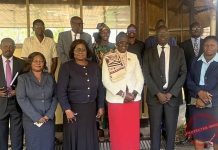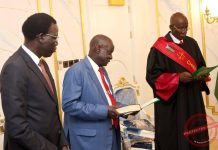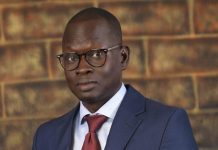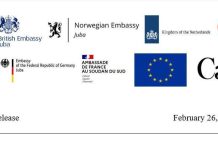Africa-Press – South-Sudan. Anti-government rallies in South Sudan that were planned for Monday failed to occur after the internet in the country was temporarily shut down by President Salva Kiir’s administration. Multiple activist groups had called for demonstrations demanding the president’s registration, but to no avail. Instead, the capital city of Juba was quiet as police roamed the streets and residents remained inside their homes. Security forces said the protestors did not request permission to demonstrate, making any large rally illegal. According to Reuters, activists refrained from becoming involved and were in hiding due to fear for their safety. At the center of this movement are accusations against the South Sudanese government of crime and negligence, which include corruption, a lack of basic service provisions, and a failure to protect the population.
The crisis in South Sudan does not solely abide in the political and governmental sphere. Issues have multiplied and developed into a disaster that encompasses everything from hunger to conflict. In a recent press release, António Guterres, the United Nations Secretary-General, stated that “chronic sporadic violence, extreme weather and the economic impact of COVID-19 have pushed more than seven million people into acute food insecurity.” Additionally, he expressed concern over the extent of the problem: “[S]outh Sudan is facing its highest levels of food insecurity since the country declared independence ten years ago. Sixty per cent of the population are increasingly hungry.” Friction and a faltering government have put the nation’s citizenry in a position rife with hunger, fear, and stress as they struggle and are denied access to relief and assistance.
South Sudan’s oppressive government cannot continue to forcefully silence and intimidate their people. Combined with the external factors of climate change and the coronavirus, their extensive human rights violations only worsen the country’s raging conflict and persisting impacts of a civil war. The controlling tactics used to limit the freedoms of expression and peaceful assembly only encourage the systematic and societal violence that plagues South Sudan. Civilians require both physical safety and food security, two components of life that the government avoids addressing to a consequential degree. President Kiir and his administration must listen to the public, something which cannot be achieved while they imprison their critics and opposition.
Internal conflicts and difficulties have been prominent in the country since 2011, after a civil war resulted in the creation of South Sudan. Ten years later, incessant violence, an economy in collapse, and a scandalous government have scarred the young African nation and left it in a dangerous situation. Multiple actors, including the government and various armed groups, have contributed to widespread disorder and fighting. The conflict has created a grave emergency; the Mercy Corp group has placed South Sudan as the country with the third largest refugee crisis in the world, with about 2.3 million people fleeing across the border. Furthermore, Amnesty International released a report detailing South Sudan’s violations of universal humanitarian laws and human rights, which included war crimes, the recruitment of child soldiers, and arbitrary arrests.
Protecting the citizens of South Sudan is crucial for nation’s stability. While international organizations and institutions have worked to make improvements through sanctions and peacekeeping missions, the results have been futile. Attempts at limiting violence, improving human rights, and rectifying the state’s disaster are impaired by an overall lack of accountability that has left the populace at the mercy of a turbulent government. World actors need to promote a better solution to the plight and actively work to help build a strong institutional and societal foundation for South Sudan. Continued restrictions and oppression by the government will only heighten internal tensions and make the humanitarian crisis even worse. South Sudan’s government needs to place their people at the center of operations, lest the young country completely collapses. Peace and progress begin with giving the populace what it needs.

